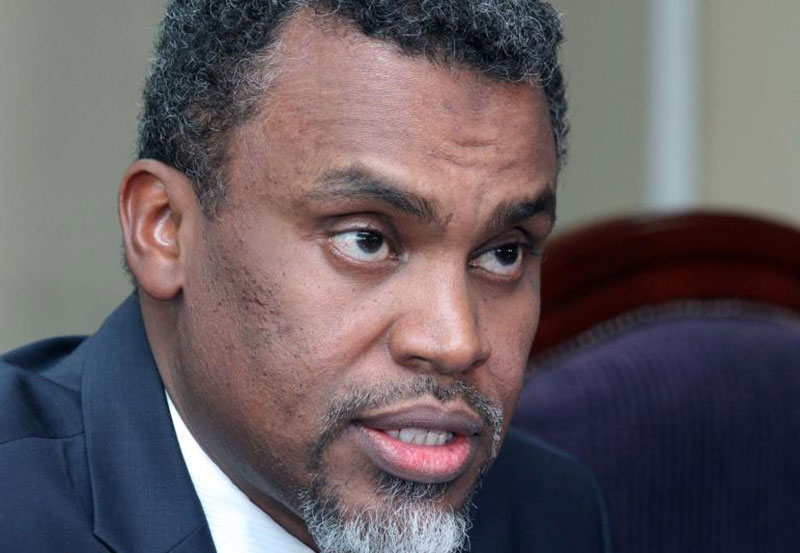×
The Standard e-Paper
Home To Bold Columnists

Whatever direction Justice Philomena Mwilu’s trial takes, it is the sight of a Supreme Court judge seated in the dock to answer criminal charges which will remain in many people’s minds before the judgement.